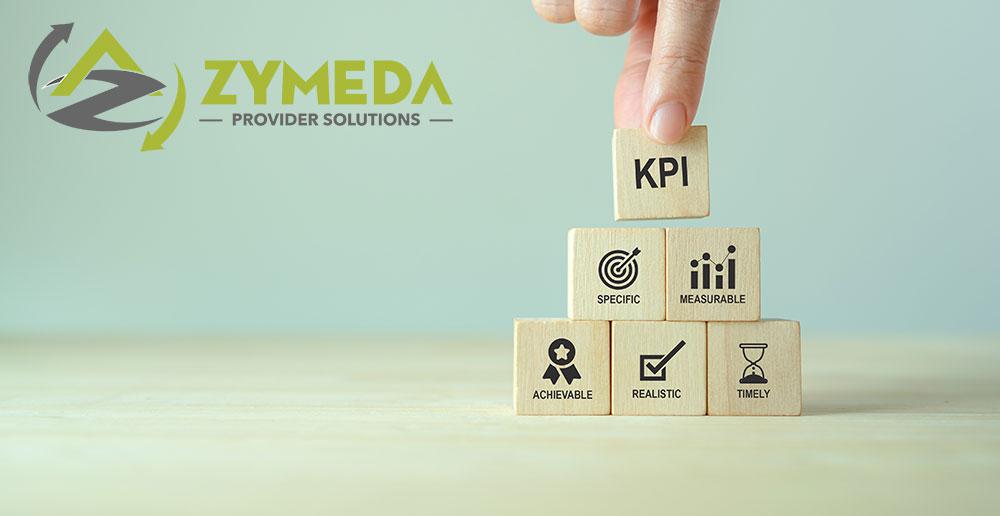 Revenue Cycle Management (RCM) plays a crucial role in the healthcare industry, ensuring the financial stability of healthcare providers while delivering quality care. In this article, we will explore the future of healthcare and the significance of RCM Key Performance Indicators (KPIs) in optimizing revenue cycles.
Revenue Cycle Management (RCM) plays a crucial role in the healthcare industry, ensuring the financial stability of healthcare providers while delivering quality care. In this article, we will explore the future of healthcare and the significance of RCM Key Performance Indicators (KPIs) in optimizing revenue cycles.
Importance of RCM KPIs in Healthcare
Efficient revenue cycles have a profound impact on the overall healthcare ecosystem. By effectively tracking and measuring RCM KPIs, healthcare providers can identify bottlenecks, streamline processes, and improve financial performance. These KPIs provide insights into crucial aspects such as billing and collections, claim denials, and patient satisfaction, ultimately leading to better revenue cycle management.
Emerging Trends in RCM KPIs
Adoption of data-driven approaches in RCM: Leveraging data analytics and business intelligence tools to identify patterns, trends, and opportunities for improvement.
Integration of artificial intelligence and machine learning: Utilizing process automation solutions, like AI and ML algorithms, to automate repetitive tasks, optimize workflows, and predict revenue cycle outcomes.
The role of automation and predictive analytics: Implementing automated solutions and predictive analytics models to proactively identify potential issues, reduce errors, and optimize financial outcomes.
Best Practices for Implementing RCM KPIs
Setting measurable and realistic goals: Clearly define KPIs that align with organizational objectives and can be effectively measured and tracked.
Establishing a comprehensive KPI framework: Develop a well-defined framework that encompasses the most relevant KPIs for your organization, considering aspects such as cash flow, claim processing, and denial rates.
Regular monitoring, analysis, and reporting of KPIs: Continuously track and analyze KPIs to identify trends, patterns, and areas for improvement. Generate regular reports to facilitate data-driven decision-making.
Collaboration and communication between departments: Foster collaboration and communication between revenue cycle management, clinical, and administrative teams to optimize processes, address issues, and improve overall financial performance.
The Role of Technology in Optimizing RCM KPIs
Electronic Health Records (EHR): Implement EHR systems to streamline documentation, coding, and billing processes, reducing errors and improving revenue cycle efficiency.
Leveraging analytics tools for data-driven decision-making: Utilize advanced analytics tools to extract actionable insights from RCM data, enabling informed decision-making and process improvements.
Automation and AI-driven solutions: Embrace automation and AI-driven solutions to automate tasks, reduce manual effort, and improve accuracy in revenue cycle processes, resulting in enhanced financial outcomes.
As the healthcare industry evolves, optimizing revenue cycle operations through effective RCM KPIs becomes increasingly vital. Zymeda Provider Solutions can assist your practice by implementing best practices, embracing emerging trends, and leveraging technology, allowing healthcare providers to position themselves for success in the future. Embrace the power of RCM KPIs and unlock the potential for improved financial performance and patient care.


